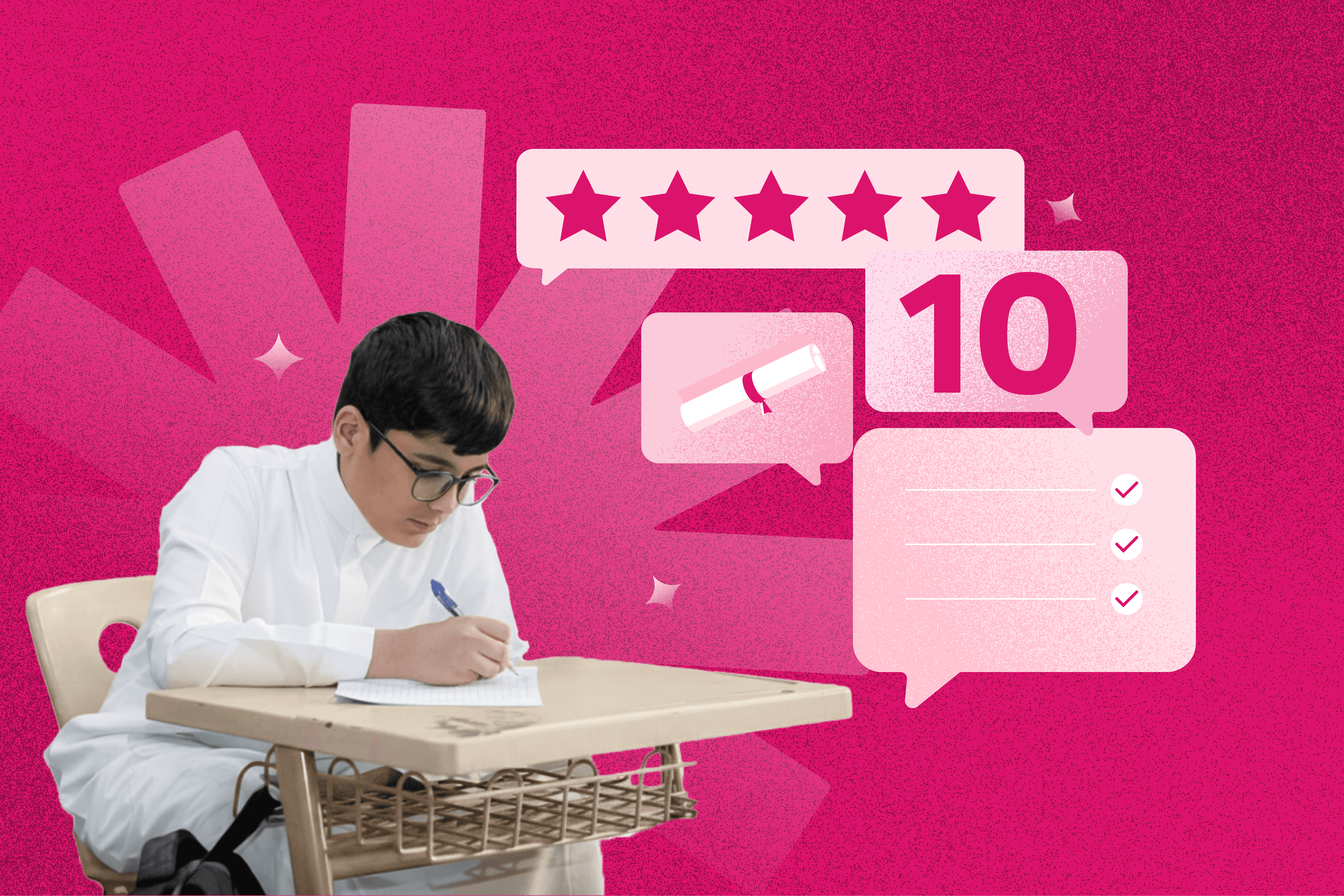
If there's one factor that's essential to business success today, it's "customer experience" (CX). Customer experience has become a critical differentiator between companies across various sectors. To ensure these expectations are met, it's no longer worth relying on assumptions or guesswork; instead, effective tools such as customer satisfaction surveys must be used to measure performance and identify areas for improvement.
Now, with BSure, you can accurately and easily measure your customers’ satisfaction, gaining clear insights that empower you to enhance your services and grow your business with confidence and professionalism.
Why Are Customer Satisfaction Surveys Important?
Instant feedback: Reveal customer satisfaction immediately after interaction, helping address issues quickly.
Understand expectations: Clarify what customers truly want to deliver better service.
Identify deficiencies: Uncover recurring problems to target improvements.
Track performance: Measure customer satisfaction over time and market changes.
Enhance loyalty: When customers feel heard, their trust and connection with your brand grow.
In Short, Because the Numbers prove It:
86% of customers are willing to pay more for a better customer experience.
75% of customer loyalty is driven more by experience than price or brand name.
75% of satisfied customers recommend a brand based on service experience.
88% of customers will repeat a purchase due to a positive service experience.
80% of customers say the experience a company provides is as important as its products or services.

(Source: Salesforce Research / PwC)
What Key aspects Should Be Included In Customer Satisfaction Surveys?
To be effective and give a full picture of the customer experience, the survey should cover several essential areas:
1. General Satisfaction
To measure the customer's overall impression of the company or brand.
Overall, how would you rate your experience with us?
How satisfied are you with your complete experience with our company so far?
2. Product or Service Experience
To evaluate how well the product or service meets expectations and needs.
Did the product/service meet your expectations? Why or why not?
What aspects did you like or dislike most about the product/service?
3. Ease of Use
To understand how smoothly customer interactions are, such as purchasing, browsing, or getting support.
Did you encounter any difficulties while using the service or completing your order?
How would you describe the ease of navigating and interacting with our platform or services?
4. Value for Money
To verify if customers feel they received value worth the amount paid.
Do you feel the price you paid reflects the quality of the service you received?
How satisfied are you with the value you got for the price?
5. Net Promoter Score (NPS)
A strong loyalty indicator that measures how likely customers are to recommend your product or service.
How likely are you to recommend us to a friend or colleague? (0 to 10)
What is the main reason for your score? (Follow-up question to explain NPS rating)
Discover our ready-made Net Promoter Score template now ,easy, elegant, and ready to use right away
6. Comparison With Competitors
Reveals your competitive position in the market.
How does your experience with us compare to other companies offering similar products or services?
What sets us apart from other companies you’ve dealt with? Or what are we missing compared to them?
7. Intent to Continue
Helps predict future customer behavior and retention likelihood.
How likely are you to continue using our services in the coming months?
What factors might cause you to stop using our services?
8. Frequency & Communication Preferences
It enhances customer loyalty by respecting their preferences in timing and method of communication, and increases the likelihood of them responding to future reviews.
How often would you like us to contact you to evaluate your experience?
What’s your preferred method for us to reach out to you?
9. Future-Oriented Questions
Identifies changes that could have the biggest impact on purchasing decisions.
What change would make you seriously consider using our services again? Why?
If we changed [blank], would that increase the likelihood of buying from us again?
(Fill the blank with options like: price, design, speed of service)
10. Suggestions for Improvement
Open-ended questions that allow customers to freely express their opinions, share their thoughts or feedback.
One word to describe your experience with us?
Do you have any ideas or feedback you’d like to share with us?
How Do You Ensure Effective Customer Satisfaction Surveys?
To get the most out of your surveys, keep the following in mind:
1. Use Smart Skip Logic
Customize the survey flow based on the customer’s answers.
e.g., if they haven’t used the product, skip the detailed usage questions.
2. Be Concise and Focused
Avoid long surveys to keep engagement high. Stick to clear, targeted questions.
3. One Question at a Time
Avoid combining multiple topics in a single question, like:
“What do you think of the product and our support team?” as they confuse the customer.
4. Ask at the Right Time
Send the survey shortly after the customer interaction (purchase, support call, etc.) to get accurate, fresh insights.
5. Use Visually Appealing Elements
Include star ratings, interactive buttons, or sliders, to make answering fun and quick, especially on smart devices.
6. Offer Small but Motivating Incentives
Like 10% off the next order or entry into a prize draw to boost completion rates.
7. End With Thanks and Appreciation
Let customers know their opinion matters:
“Thank you! Your feedback helps us improve and shape a better future for your experience.”
8. Finally, Analyze and Act on the Results
Don’t stop at data collection. Implement improvements and let your customers know how their feedback made an impact.
In Conclusion…
Customer satisfaction surveys aren’t just tools for gathering data, they’re trust bridges connecting you with your customers.
Every smart question you ask is a chance for deeper understanding, quicker improvement, and longer-lasting loyalty.
The more you listen to your customers, the closer your company gets to unmatched excellence.









